Fight ‘lazy butt syndrome’ with targeted stretching
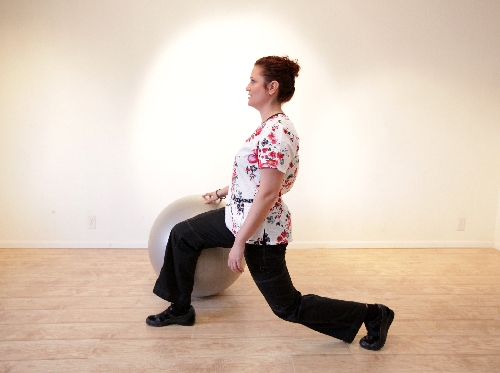

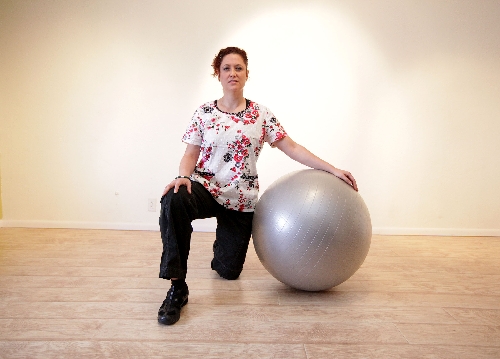
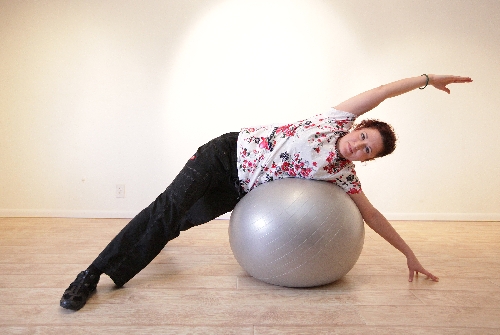
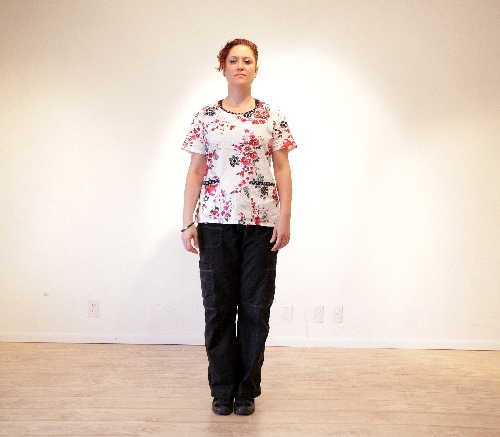
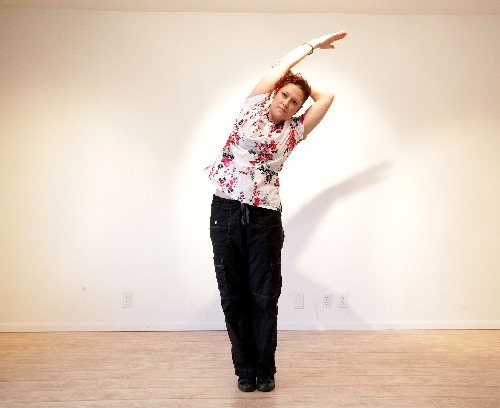
Many readers commented on how they liked the column on foam rolling the back. A few members at my gym noted how it really helps to loosen things up. Based on that feedback, I decided to consult another professional for additional advice.
This column is the first of three to feature a guest professional and her recommendations on back pain. Brigitte Papp is a massage therapist and a former personal trainer. She understands how movement, or the lack thereof, can affect the body’s muscle balances. In an earlier column, I said good massage therapists are worth their weight in gold, and this is who I was thinking of.
I asked her what ailment she sees the most. Without having to think, she said she sees many clients with lower back pain.
I then asked whether she sees a common thread among the people she has treated or whether each case of low-back pain is unique. Of course, there are those who spill outside of any mold you try to pour, but the majority of the low-back pain she sees stems from what she called "lazy butt syndrome." I’m not making this up.
Before you crumple up the Health section, read a little further. You may find some of her stretches are worth trying.
"Lazy butt syndrome" occurs when the gluteus maximi aren’t active because of prolonged sitting. The glutes are the body’s power muscles. Sitting on them effectively turns them off. Sitting also turns on some other muscles. Mainly the psoas (which bowstrings the pelvis from the femur to the last of the thoracic and all of the lumbar vertebrae) and the illiacus (which attaches from the top inside of the pelvis to the femur).
Their main attachment site is the lower back. Your quadratus lumborum is found in your lower back on either side of your spine. It attaches to the vertebrae of the middle back and the top of the pelvis bone. If these muscles get tight then they pull on the back.
Have you ever seen a guitar after it has been sitting in storage with over-tightened strings for 10 months? The neck of the guitar bends opposite the strings and it’s good for nothing. Tight hip flexors do this to your back. No wonder it hurts.
The tight hip flexors (psoas and illiacus) get so tight that they try to keep you sitting. In short, your low-back problem could be more of a flexibility issue. The solution would include today’s stretches. You’ll know if your low-back pain is at least partly caused by tight hip flexors if these stretches decrease the pain after a few weeks. You also can use these stretches as pre-hab to help avoid future chair-death from overactive hip flexors.
This scenario isn’t true for all low- back pain cases. If these stretches don’t work for you, your root cause could be something else. See a knowledgeable massage therapist for a more in-depth picture of your own muscle imbalances. Be sure to refer to the video online at www.lvrj.com/health for more specific instruction.
Chris Huth is a Las Vegas trainer. He can be reached at 702trainer@gmail.com. Brigitte Papp is a massage therapist specializing in orthopedic massage in Las Vegas. She can be reached at bwellness.papp13@gmail.com. Consult your physician before beginning any exercise program.


















